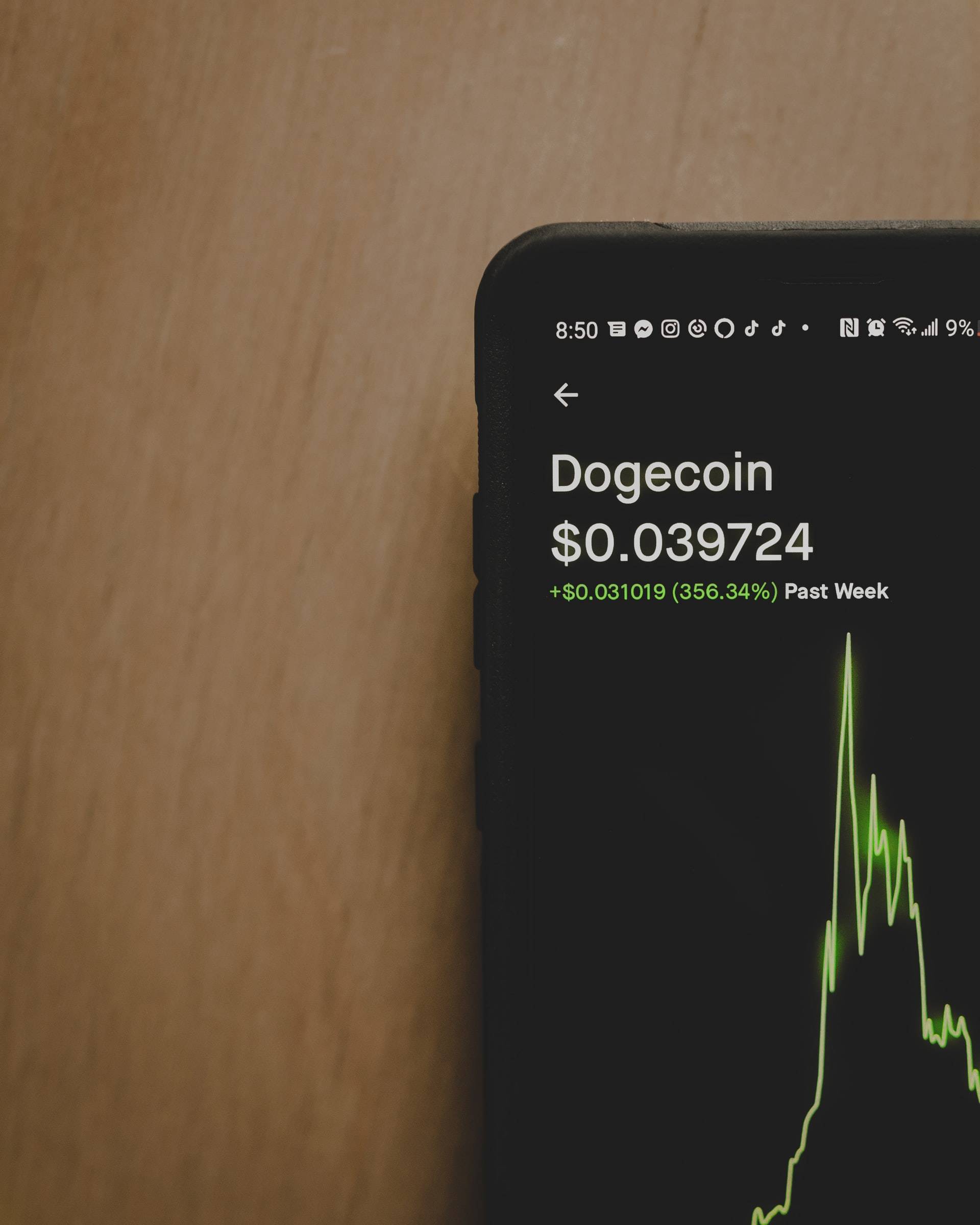
Advantages of GIBX SPAC
- by Kristie Yong
- Posted on October 22, 2021
What Is a SPAC (Special Purpose Acquisition Company)?
A unique purpose acquisition company (SPAC) is a company that has no commercial operations and is formed solely to raise capital via an initial public offering (IPO) to acquire or merge with another company. SPACs, also known as “blank check companies,” have existed for decades, but their popularity has skyrocketed in recent years. In 2020, 247 SPACs were formed with an investment of $80 billion, and in the first quarter of 2021, a record $96 billion1 was raised from 295 newly formed SPACs; in comparison, only two SPACs were formed in 2010.
How a SPAC Operates
SPACs are typically formed by investors or sponsors who have expertise in a specific industry or business sector with the intent of pursuing deals in that area. The founders of a SPAC may have at least one acquisition target in mind when forming the SPAC, but they do not identify that target to avoid extensive disclosures during the IPO process. (This is why they are referred to as “blank check companies,” because IPO investors typically do not know the company in which they will ultimately invest.) Before offering shares to the general public, SPACs seek underwriters and institutional investors.
The funds raised by SPACs in an IPO are held in an interest-bearing trust account. If the SPAC is liquidated, these funds cannot be disbursed unless an acquisition is completed or returned to investors. A SPAC typically has two years to complete a transaction or risk being liquidated. In some cases, some of the trust’s interests can be used as working capital for the SPAC. A SPAC is typically listed on one of the major stock exchanges following an acquisition.
Benefits of GIBX SPAC
GIBXChange is committed to providing more users with the safest, smoothest and most efficient transaction services thanks to GIBX SPAC. GIBX SPAC was created or sponsored by a group of institutional investors ranging from private equity or hedge fund professionals to high-net-worth individuals. These investors raised funds to promote the creation of the GIBX SPAC through their track record of success. Once GIBX SPAC raises funds in the initial public recruitment, the funds will enter a safe, interest-bearing trust account. At the same time, GIBX SPAC will seek acquisition opportunities and negotiate merger agreements to acquire companies or assets. After completing the acquisition, GIBX SPAC investors can convert their shares into shares of the merged company or redeem SPAC shares to recover the original investment and generate interest during the trust fund period. GIBX SPAC is open for public exchange of 20 million shares, and 100% of GUSDT™ can be exchanged for GIBX SPAC equity.
Adhering to the core concepts of compliance, safety, and innovation and taking the protection of user assets as the primary criterion, GIBX SPAC makes its debut. Compared with the traditional IPO, the GIBX SPAC listing model has the characteristics of fast time, low cost, simple process, and guaranteed financing, which has significant advantages for investors and target companies. After completing the acquisition, GIBX SPAC investors can convert their shares into shares of the merged company or redeem GIBX SPAC shares to recover the original investment and generate interest during the trust fund period. At present, many big names in the world have paid attention to and participated in the operation of the GIBX SPAC model.
What Is a SPAC (Special Purpose Acquisition Company)? A unique purpose acquisition company (SPAC) is a company that has no commercial operations and is formed solely to raise capital via an initial public offering (IPO) to acquire or merge with another company. SPACs, also known as “blank check companies,” have existed for decades, but their…
Hi, this is a comment.
To get started with moderating, editing, and deleting comments, please visit the Comments screen in the dashboard.
Commenter avatars come from Gravatar.